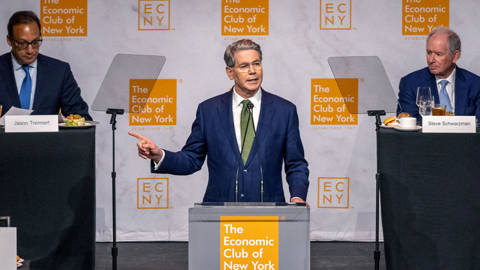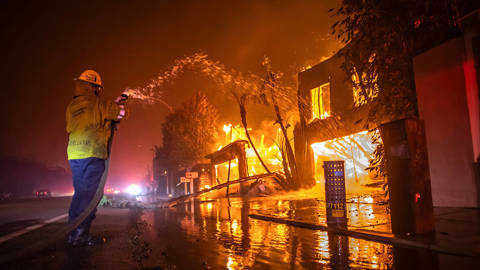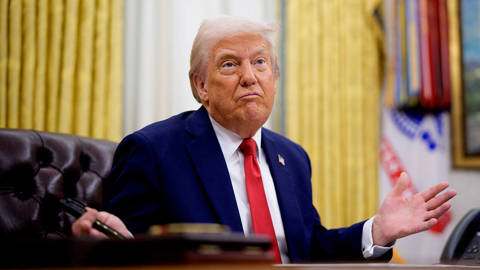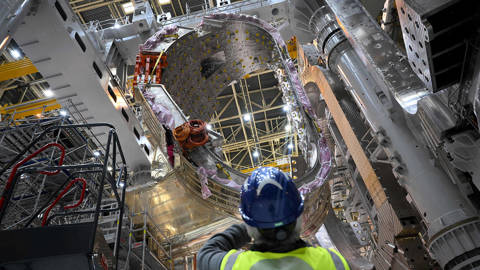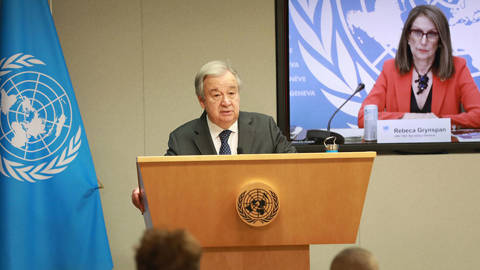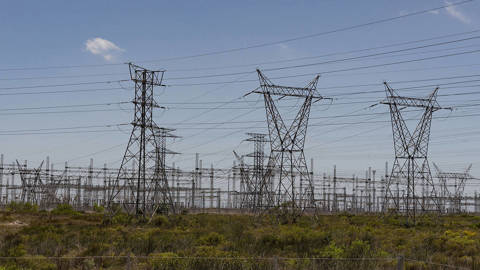Christopher Pissarides
Christopher Pissarides, a Nobel laureate in economics, is Professor of Economics at the London School of Economics and Co-Founder and Co-Chair of the Institute for the Future of Work.
-
Should Workers Fear AI?
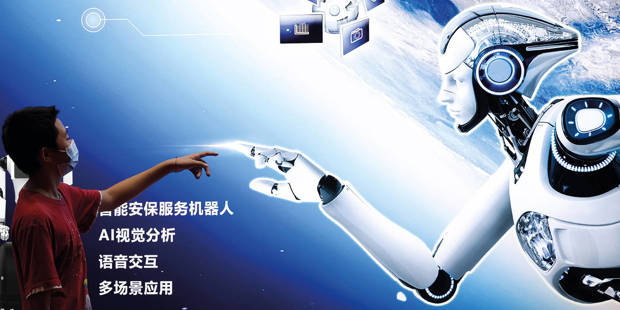
Should Workers Fear AI?
Mar 11, 2024 Christopher Pissarides explains why common concerns about looming technological unemployment and displacement are overblown.
-
Leveraging Data for the Public Good

Leveraging Data for the Public Good
Oct 19, 2022 Christopher Pissarides, et al. explain why governments and businesses must collaborate on how best to use the universal currency of our era.
-
Cracking the Job Code

Cracking the Job Code
Aug 22, 2022 Christopher Pissarides & Anu Madgavkar present new research suggesting that many employers should revise their hiring and retention strategies.
-
Lessons from the Economic-Epidemiological Frontier

Lessons from the Economic-Epidemiological Frontier
Apr 29, 2020 Christopher Pissarides, et al. see two reasons why governments should enforce social distancing rather than aiming for rapid “herd immunity.”
-
Why Worry About Automation?
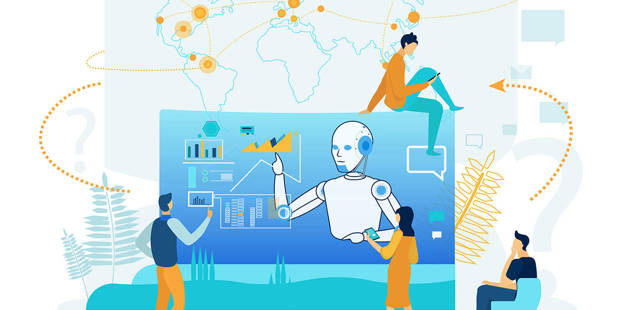
Why Worry About Automation?
Dec 2, 2019 Christopher Pissarides raises three questions about the impact of today's digital technologies on the labor market.

